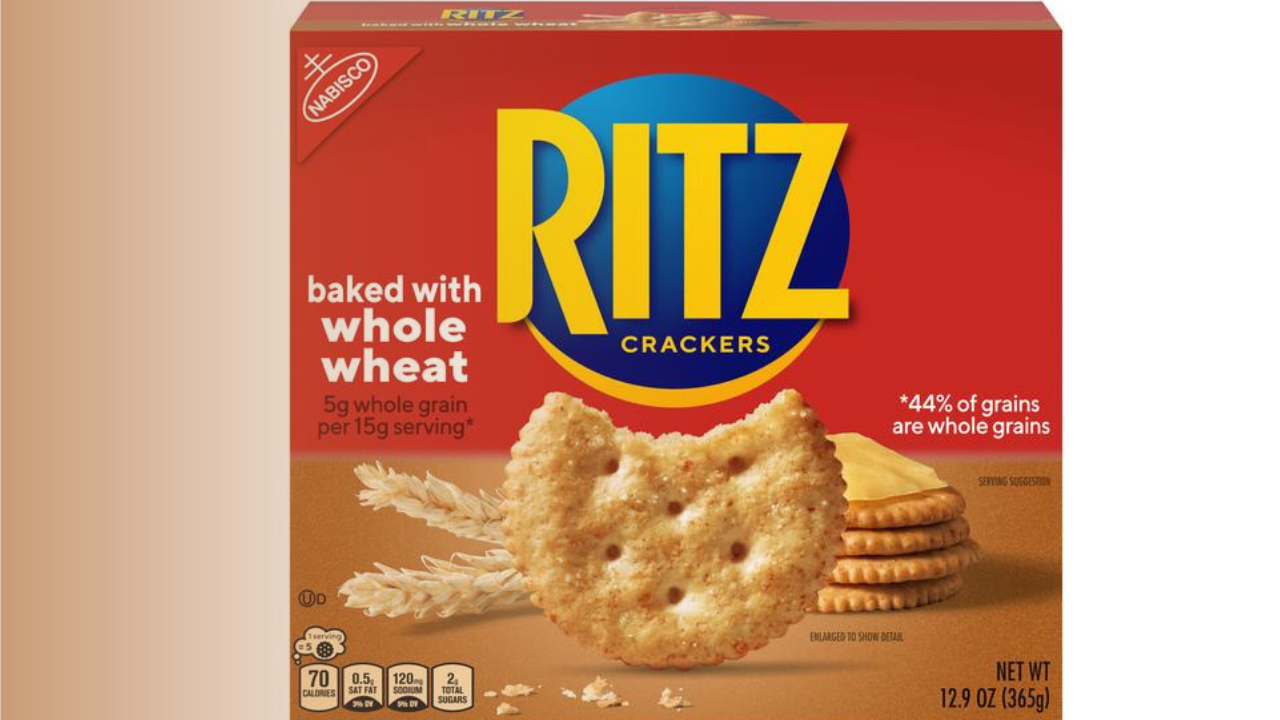Ritz Nutrition Facts: The Crispy Truth Behind America’s Beloved Cracker
When it comes to snack time, few treats are as iconic as Ritz crackers. But have you ever stopped to consider the Ritz nutrition facts behind these buttery, round delights? Let’s crunch the numbers and uncover the crispy truth about what’s really in your favorite crackers.
The Iconic Cracker: A Brief Introduction
Before we dive into the nutritional nitty-gritty, let’s take a moment to appreciate the cultural significance of Ritz crackers. Introduced in 1934 by Nabisco (now a subsidiary of Mondelez International), these crackers have become a household name, gracing everything from cheese platters to childhood lunchboxes.
Ritz Nutrition Facts: Breaking Down the Basics
The nutrition facts. Chart of what you’ll find in a serving of Ritz crackers:
| Nutrition Facts | Amount per Serving |
|---|---|
| Serving Size | 5 crackers (16g) |
| Calories | 80 |
| Total Fat | 4.5g |
| Saturated Fat | 1g |
| Trans Fat | 0g |
| Cholesterol | 0mg |
| Sodium | 105mg |
| Total Carbohydrate | 10g |
| Dietary Fiber | 0g |
| Total Sugars | 0g |
| Protein | 1g |
Ritz Nutrition Facts: Calorie Content Unveiled
One of the most crucial Ritz nutrition facts to consider is the calorie content. At 80 calories per serving of 5 crackers, these snacks can quickly add up if you’re not mindful. For perspective, that’s about 4% of a 2,000-calorie daily diet in just a small handful of crackers.

Ritz Nutrition Facts: Fat Content and Heart Health
The fat content in Ritz crackers is another important aspect to consider. With 4.5g of total fat per serving, including 1g of saturated fat, these crackers aren’t exactly a low-fat option. However, they are free from trans fats, which is a positive point for heart health.
Ritz Nutrition Facts: Sodium Levels and Blood Pressure Concerns
For those watching their salt intake, the sodium content in Ritz crackers might be a cause for concern. Each serving contains 105mg of sodium, which is about 4% of the recommended daily value. While this may not seem high, it can quickly escalate if you’re pairing these crackers with salty toppings or dips.
Ritz Nutrition Facts: Carbohydrates and Sugar Content
The carbohydrate content of Ritz crackers is significant, with 10g per serving. Interestingly, despite their slightly sweet taste, these crackers contain no added sugars. This makes them a potentially better choice for those monitoring their sugar intake compared to some other snack options.
Ritz Nutrition Facts: Protein and Fiber – The Missing Nutrients
If you’re looking for a protein or fiber boost, Ritz crackers might disappoint. With only 1g of protein and 0g of dietary fiber per serving, these crackers don’t contribute significantly to your daily requirements for these important nutrients.
Making Informed Snacking Choices
Understanding the Ritz nutrition facts can help you make more informed snacking decisions. While these crackers can certainly be enjoyed as part of a balanced diet, it’s important to be mindful of portion sizes and frequency of consumption.
Consider pairing Ritz crackers with protein-rich toppings like low-fat cheese or nut butter to boost the nutritional value of your snack. Alternatively, opt for whole-grain cracker options when possible to increase your fiber intake.
The Verdict on Ritz Nutrition Facts
In conclusion, while Ritz crackers may not be the healthiest snack option available, they can still be part of a balanced diet when consumed in moderation. By being aware of the Ritz nutrition facts, you can make smarter choices about how these classic crackers fit into your overall eating plan.
Remember, no single food is inherently “good” or “bad” – it’s all about balance and moderation. So go ahead and enjoy your Ritz crackers, but do so with the knowledge that comes from understanding their nutritional profile.
